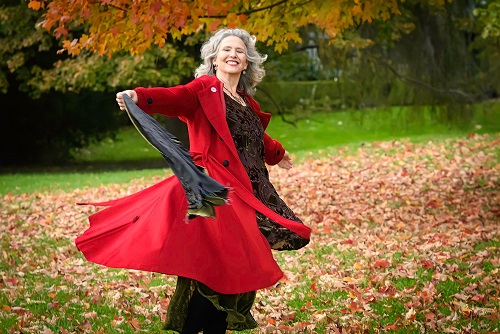

Today we’d like to introduce you to Tanya Shaffer.
Hi Tanya, so excited to have you with us today. What can you tell us about your story?
I grew up in Lawrence, Kansas, a Midwest college town that’s quite similar to Ann Arbor, though a bit smaller. My parents were both academics. They separated when I was seven years old, and after that, I divided my time between Lawrence, where I lived with my dad during the school year, and Berkeley, California, where I spent summer and winter breaks with my mom.
I started keeping a daily journal when I was eight years old. That was also the year I acted in my first musical. When I was nine, I wrote in my journal that when I grew up, I wanted to be an actor and a writer on the side. The balance of those two things shifted—at times the acting took precedence and at times the writing did—but I more or less stuck with the plan. I attended Oberlin College, where I did tons of theatre (including a semester spent studying acting in London), and graduated with a major in creative writing. I then moved to the San Francisco Bay Area, where I lived on and off for almost thirty years. In my first job out of college, I worked for the company Redwood Records, doing promotional writing and helping with event production and tour coordination for the company’s founder, singer/songwriter Holly Near.
That job helped me acquire the skills I needed to book and promote my first solo show, “Miss America’s Daughters,” a satirical music-theatre performance which I’d started developing in college. I was based in the Bay Area for almost thirty years. During that time, I managed to combine my passions for writing and performing with an additional passion for international travel. I alternated acting in regional theatres on the West Coast and touring my solo performances with taking time off to travel and volunteer—mostly in developing countries—and writing about my travels.
In 2017 I moved to Ann Arbor with my family. That year I started leading writing workshops through a technique I call Off-Leash Writing, a joyful, liberating practice that helps people tap into their own unique voice and authentic expression. I also started a blog, in which I explore a range of topics from parenthood to Buddhism to creativity. In 2020, when the world shut down, I started a podcast called Off-Leash Arts: Conversations on Creativity, in which I interview artists from a wide range of disciplines about their lives and creative process. I now lead several Off-Leash Writing Workshops a week, as well as a Memoir/Fiction/Personal Essay Workshop, which helps people polish their work into finished pieces. I also work with people individually on their writing projects.
We all face challenges, but looking back would you describe it as a relatively smooth road?
A life in the arts is never smooth (as if any life is smooth!). I was an unusually uninhibited child, so when I started acting at age eight, I almost always got the roles I went out for. My first major setback came in high school when I’d dramatically announced to everyone who would listen that I would kill myself if I didn’t get into a certain prestigious choir. I didn’t get into the choir, and I didn’t kill myself, and I had to go back to school and face everyone to whom I’d made my pronouncement. I’d given a terrible audition, and I learned something valuable from the experience. Whenever I entered an audition too attached to the outcome, it caused me to clutch, and thereby screw up the process. I had to want the role enough to do the work, but not so desperately that I couldn’t relax and stay light on my feet. Sadly, I had to learn that lesson several more times before it stuck.
As a young adult, I produced a lot of theatre as well as acting and writing plays. I produced a twenty-one-city tour of my play “Brigadista,” when I was just twenty-three years old. Whenever I was producing, I would get extremely stressed out, to the point where I couldn’t enjoy the process. This happened during some of my most successful moments as a writer-performer. I’d have a hit show, and I wouldn’t be able to enjoy it because I was so worried about how to leverage it into the next step in my career.
My ultimate takeaway from that is that nothing is worth making yourself miserable. The quality of life at any given moment—your own experience and the experience of those around you—is always the most important thing. What good is professional success if you’re too stressed to enjoy it? Since then, whenever I’m engaged in a major project, I remind myself that if I don’t enjoy the process, it’s not worth doing. I still get stressed out at times, but the more I’m able to stay grounded in the experience of making meaningful work, the better off I am. I think this is important in any line of work, but as an artist it feels particularly relevant. You never know how others will react to what you make. Make what you love, and the work will be its own reward. Then give it to the world and hope for the best. Be your own true north. That’s what I try to teach in my workshops, and that’s what I truly believe leads to the best results.
As you know, we’re big fans of you and your work. For our readers who might not be as familiar what can you tell them about what you do?
My work is multi-faceted. As a writer, I have two main focuses at this moment: writing plays and writing my blog. My plays tend to start from personal experience and then become fictionalized. In my earlier life, before I became a parent, I was also a travel writer, and my plays frequently dealt with my experiences as an off-the-beaten-track traveler immersing herself in other cultures. I think travel is one of the best possible ways to develop a deeper understanding of oneself, one’s own cultural assumptions and upbringing, and the wider world. It’s important to me that all of my work, while particular and individual, open up to explore larger issues of wealth, power, and privilege, as well as fundamental questions about happiness and how we live. I also blend comedy and drama in most of my writing, since laughing through our tears is an important way that we humans cope with the challenges of life on earth.
One of my proudest achievements is my book, “Somebody’s Heart is Burning: a Woman Wanderer in Africa,” a memoir of a year I spent working and traveling, mostly in West Africa. It came out in 2003—the same year my first child came out. I like to call that my most productive year ever!
Another project that I’m especially proud of is my musical, “The Fourth Messenger,” which I wrote in collaboration with composer Vienna Teng. The musical is a reimagining of the Buddha legend, in a contemporary Western setting, with a female Buddha figure, and draws on my own long and complicated relationship with Buddhist philosophy and meditation. “The Fourth Messenger” had sold-out productions in California and Taiwan, and at the New York Musical Festival. We also released an album of songs from the musical in 2015. We were scheduled to perform a concert reading of it at The Ark in Ann Arbor on March 14, 2020, featuring a wonderful cast including students and faculty from the University of Michigan’s Musical Theatre Department. Sadly, that performance was one of the first to be canceled due to Covid.
I started leading writing workshops about five years ago, and I can’t believe how much I love it. In my Off-Leash Writing Workshops, I offer something quite different from the traditional workshop structure. Instead of a critique-based workshop, Off-Leash Writing is all about getting past your inner “shoulds” and throwing your words on the page in their purest, truest, most authentic form. I tell people that the workshop is a come-as-you-are party. You don’t have to look good or act fancy or do things right. In fact, the more you write towards truth and vulnerability, the more you tell the truth of your life in all its strangeness and awkwardness, with the bumps and hairs and missteps, the greater the opportunity for real connection and growth. Each of us has a voice that is uniquely and particularly ours, a combination of our individual nature, our upbringing, where our parents came from, and all the other factors that make up a life. Off-Leash Writing Workshops are designed to help you find and trust that the words that come to you naturally are the exact right words for you to use. In the workshops, we write and we read. We have the opportunity to tell our story, to be witnessed, and to witness the stories of others. It is a profound and powerful experience, and I feel incredibly fortunate to get to do it.
Can you tell us more about what you were like growing up?
As a child, I was bold, imaginative, and uncompromising. I lived a lot of my life in an elaborate make-believe world that my best friend and I invented, populated by invisible creatures of our own invention. I’m sure I wasn’t an easy child—I was very stubborn—but my parents always encouraged me to think for myself. My dad was very supportive of my activities in the arts, and he raised me to feel that I could do anything. When I was twelve years old, my dad helped me and my best friend to produce the musical “The Apple Tree,” by Sheldon Harnick and Jerry Bock at the arts center in my hometown. With my dad’s encouragement, my friend and I pounded the pavement, visiting local businesses and soliciting donations for our project. We raised enough money to pay royalties on the script, rent out the theatre for two nights, and print flyers, which we put up all over town. I can’t speak to the quality of our production—we directed it ourselves with friends as cast members—but we did it. I learned from that experience that anything you want to do, no matter how large, can be broken down into manageable steps. I credit my dad for his unflagging support and enthusiasm in helping me to see that. It set me on a course to be a person who charts her own path rather than following a path that has been laid out by others.
In the intervening decades since childhood, there have been times when I’ve had to learn deep lessons in humility—real life will do that to you—but I believe the early encouragement and support of my parents has helped get me through those times. Whatever the setbacks, I’ve maintained an underlying belief in the value of my own voice. That belief in the beauty and power of each individual voice is what I try to convey to the participants in my writing workshops so that they can trust their own voices and the stories they have to tell.
Pricing:
- Off-Leash Writing Workshops: $30/week ($300 for a 10-week session). Sliding scale pricing is available upon request. No one turned away for lack of funds.
- Memoir/Fiction/Personal Essay Workshop: $40/week ($360 for a 9-week session), and includes detailed editing of pieces you submit. Sliding scale pricing available upon request. No one turned away for lack of funds.
- Private Writing Coaching: $80/hr
Contact Info:
- Email: [email protected]
- Website: tanyashaffer.com
- Instagram: https://www.instagram.com/tanya.shaffer/
- Facebook: https://www.facebook.com/tanya.shaffer
- Twitter: https://twitter.com/tanyashaffer
- Other: Blog RSS: http://feeds.feedburner.com/TanyasOff-LeashBlog, Podcast RSS: http://feeds.feedburner.com/Off-leashArts
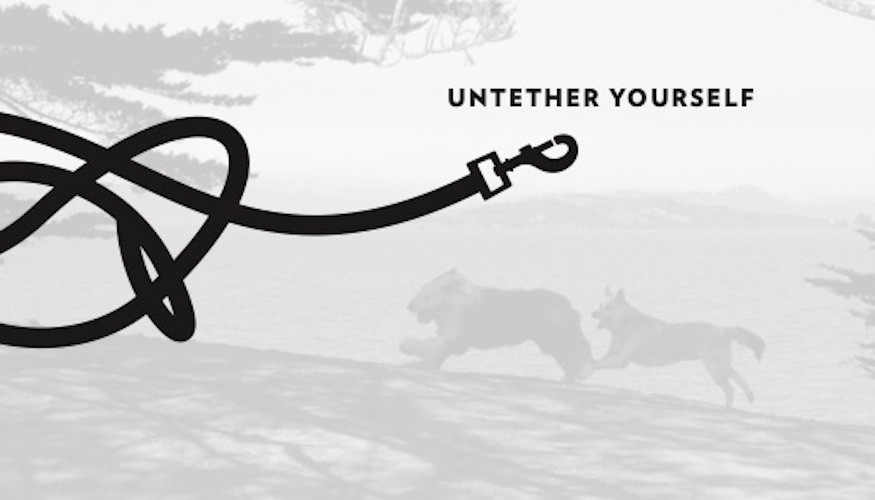
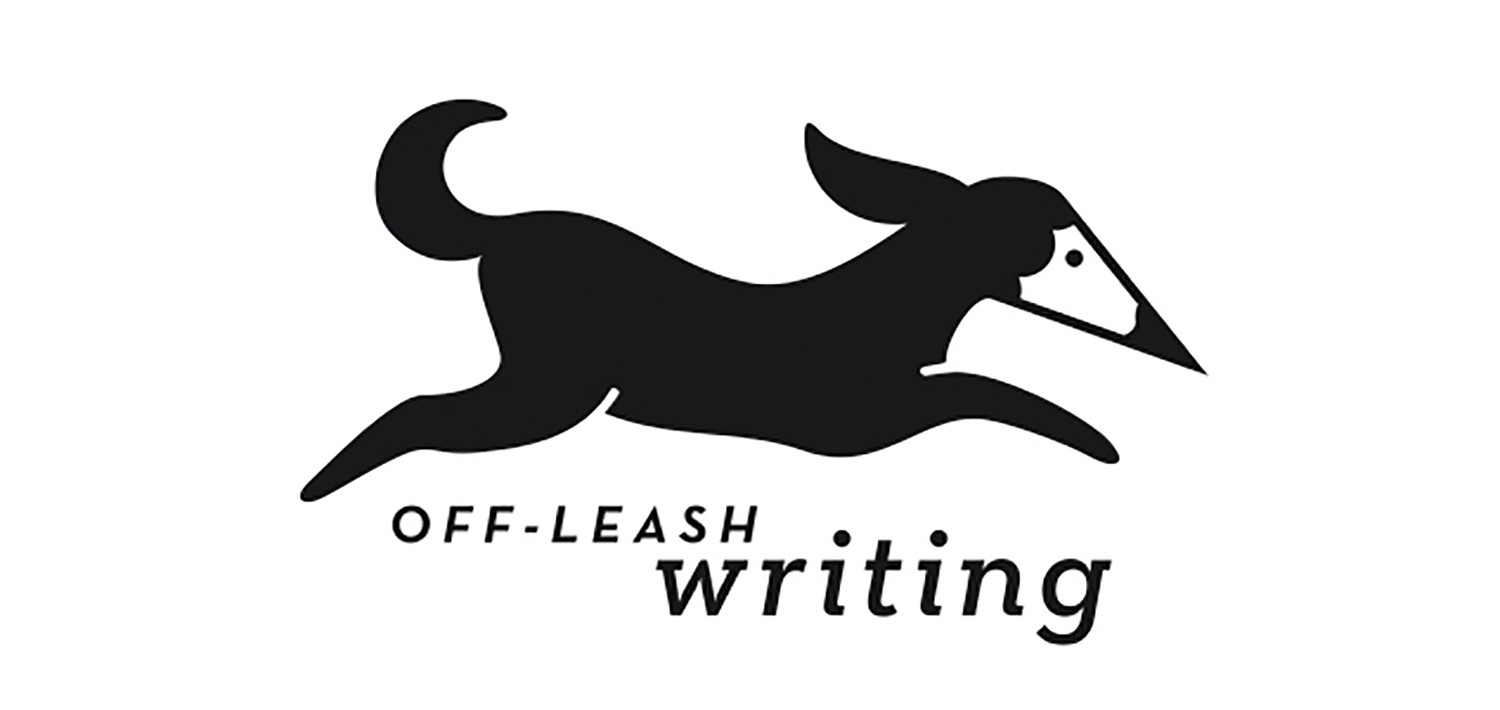
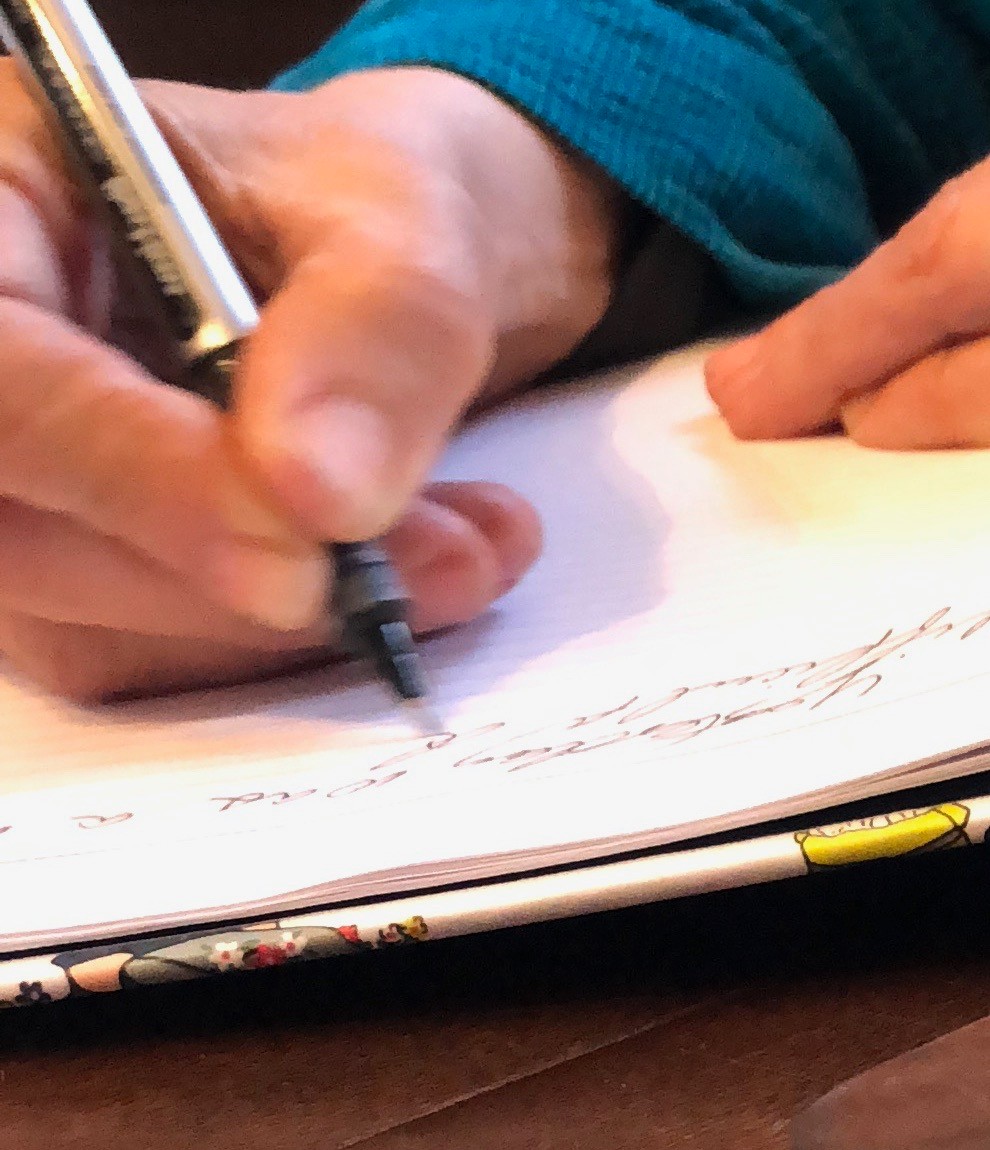
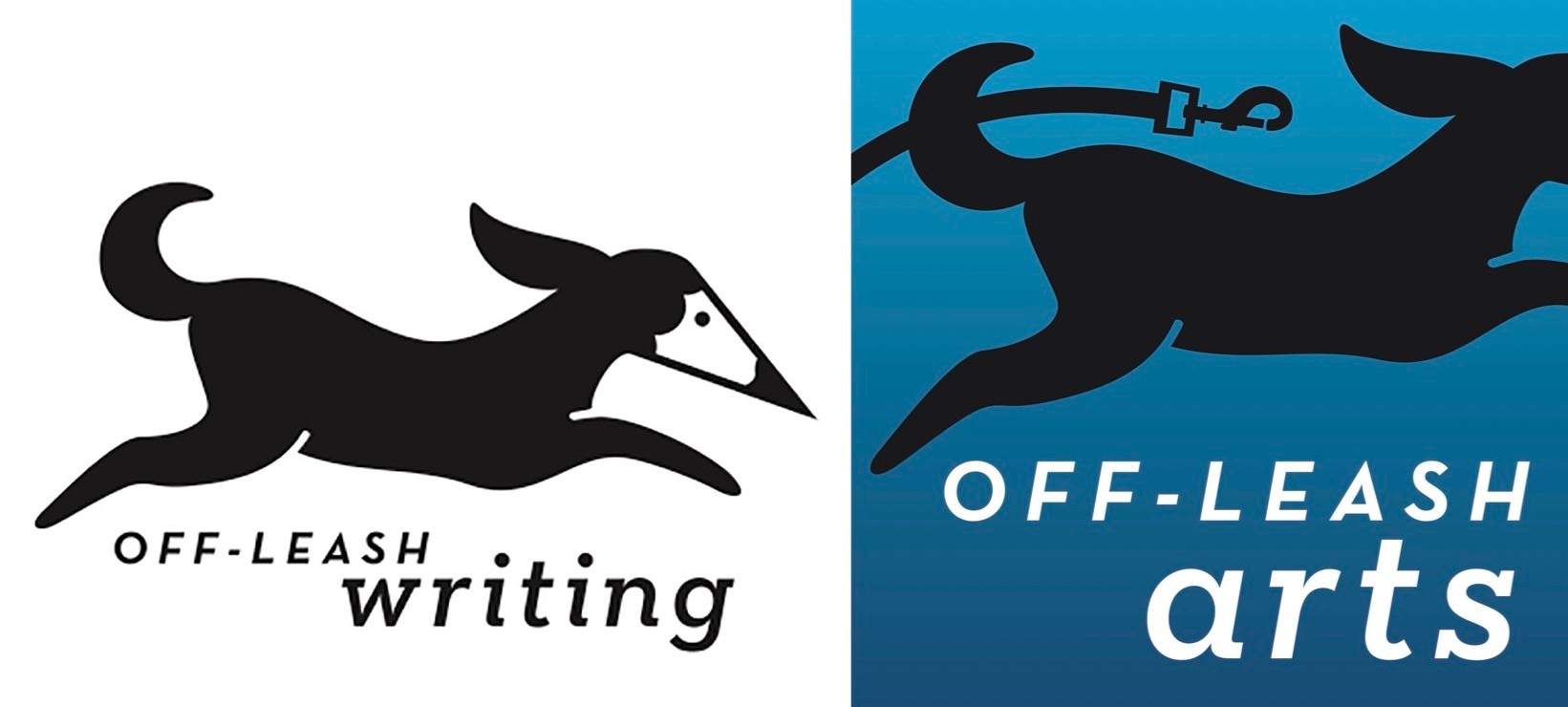
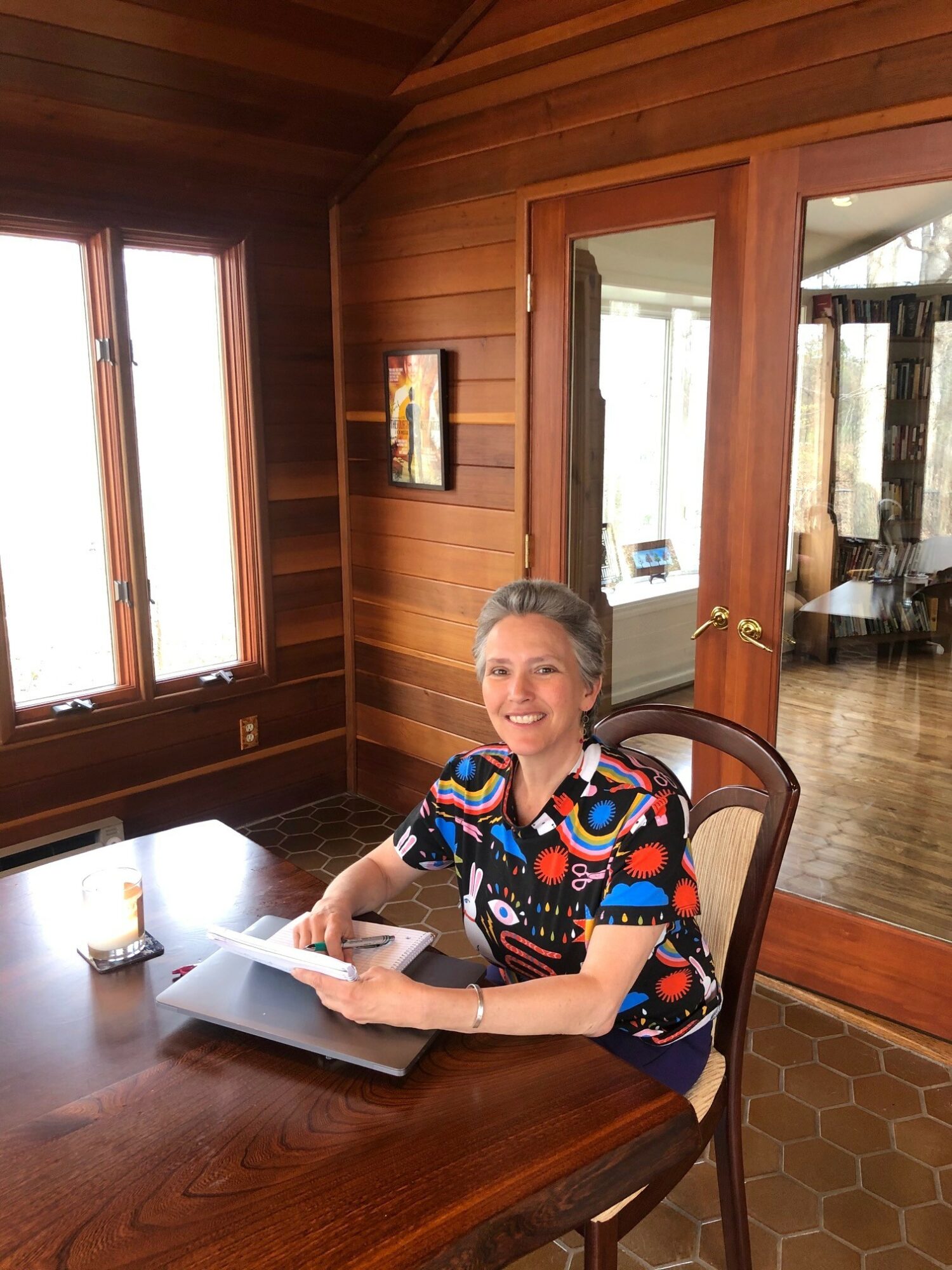
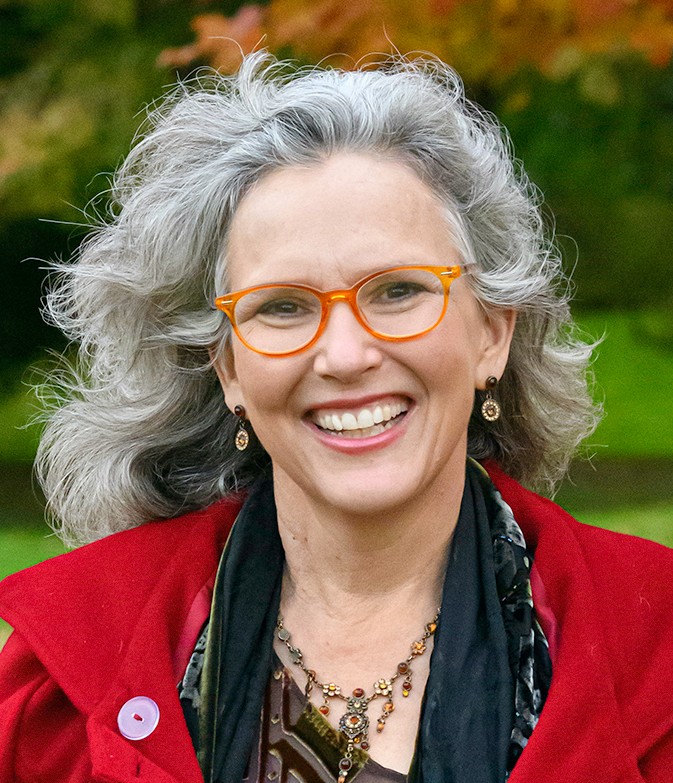
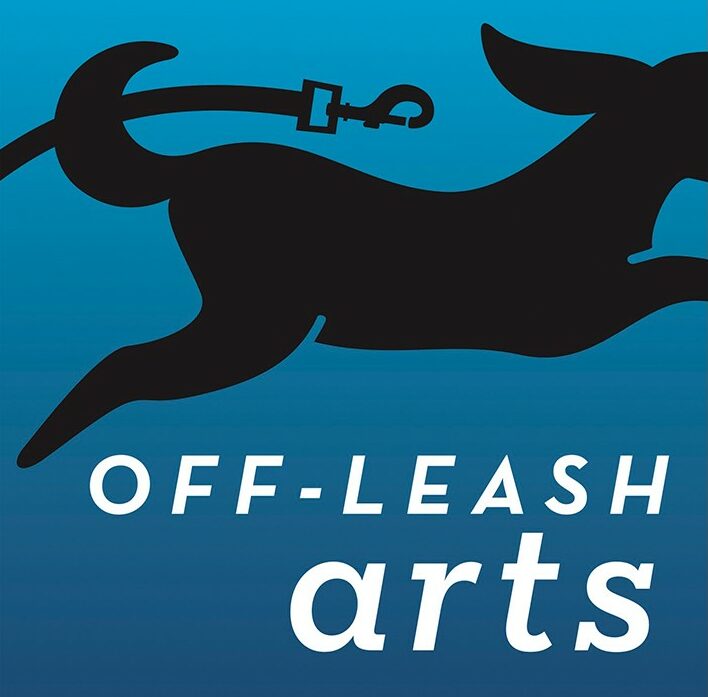
Image Credits
R Chester Photography











